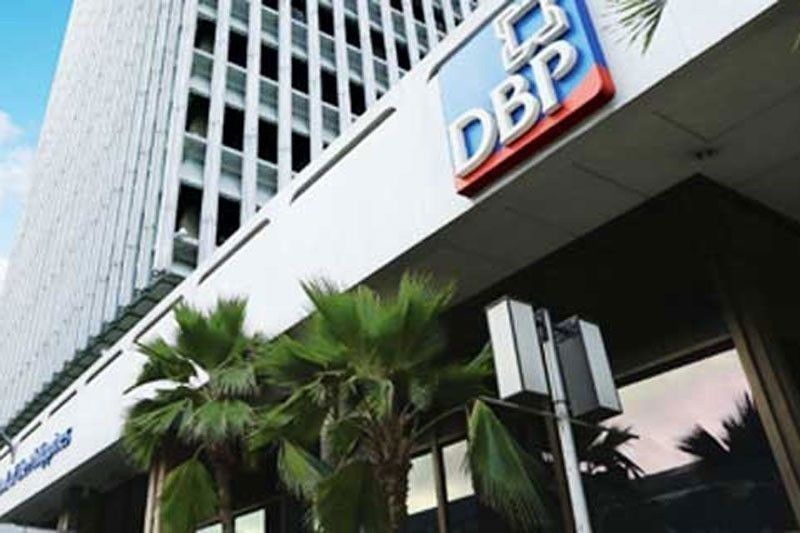Duterte allies drag FIST law into Lopez loan hearing

MANILA, Philippines— The search for irregularity on loans of Lopez family sold by state-run Development Bank of the Philippines (DBP) at a discount took an interesting turn toward criticizing one of Duterte administration’s priority legislations.
House allies of President Rodrigo Duterte themselves flagged risks that the Financial Institutions Strategic Transfer (FIST) law would be abused by banks and large companies looking to unload bad debts supposedly at the expense of the government.
“In the FIST law, and this is scary, there may be again abuses of the SPV law,” Anakalusugan party-list Rep. Mike Defensor said in the hearing on Tuesday.
House Deputy Speaker Crispin Remulla from Cavite agreed with Defensor. “My misgivings with FIST is simple: banks aggressively go after small borrowers. Sadly, this FIST law will go easy debts of corporations,” he said.
“But the effects of this measure won’t be felt by retail banking,” he added.
Criticisms to FIST, enacted as Republic Act (RA) No. 11523 last week, marked an unusual development from the House blue ribbon committee hearing where members grasped at straws in trying to show wrongdoings on the disposal of Lopez loans worth P1.67 billion. A brownout before noon prompted the hearing to suspend proceedings.
The reference to FIST was not at all unexpected. After all, FIST was patterned after RA No. 9182 or the Special Purpose Vehicle Act of 2002. Both laws lay the legal basis for lenders to remove bad assets from their balance sheets by selling them, and in turn, use funds generated to invest or lend back to consumers whose spending supports the economy.
Component-wise, FIST’s resemblance to SPV cannot also be denied. Both laws offer tax incentives in asset transfers, the establishment of FIST corporations likewise mirrors SPVs that require regulatory approvals, and unpaid loans and real estate property acquisitions may be unloaded by banks to these vehicles under the law.
However, at least in the past two hearings, legislators have tried to navigate carefully between trying to prove that the previous SPV law was abused, and isolating FIST as an enhanced version of that old law. On Tuesday, those efforts appeared to have failed and the committee trained its sights to FIST.
“How the FIST law will be applicable, especially to big corporations is yet to be determined. I hope that we won’t see a repeat of this in transactions we’re implementing,” Zamboanga Rep. Cesar Jimenez said.
“It seems that application of the law is set aside for some transactions,” he added.
How FIST getting dragged down into the hearing will impact investors’ reception of the law remains uncertain, but investors typically shy away from controversies. However, the success of FIST is crucial to recovery: economic managers would want banks to give up soured assets to these vehicles so capital used to cover losses can instead be lent out. Yet the practice itself had been placed under public scrutiny.
Governor Benjamin Diokno of the Bangko Sentral ng Pilipinas (BSP) did not respond to request for comment.
DBP should have waited?
On Tuesday’s hearing, lawmakers circled back and forth to their main contention on SPVs: by selling the Lopez loans to the now folded Lehman Brothers at a cheaper price in 2006, the government incurred losses because DBP did not recover the full value of the loan.
But DBP officials repeatedly reasoned out that if the bank did not sell, larger liquidity problems would have ensued, putting the lender and its customers into bigger trouble. “That’s why I said the BSP at the time, hoping to protect the banks and keep business going, promulgated the SPV,” DBP President Emmanuel Herbosa told lawmakers.
“What could have been garbage, we were able to recover 64%. For me, DBP did right and all the other banks did right by virtue of the law which allowed us recover something and that is 64%.” he pointed out.
Defensor went as far as saying that if DBP only “waited” for “3 to 4 years,” the time spent by Lehman Brothers to collect from loans sold to them, the government would have been able to earn all loan payments. But Herbosa said this was not an option, adding that a similar scenario of banks coping with rising bad loans is currently happening due to the health crisis.
“We are seeing a repeat of this in this pandemic,” Herbosa said.
- Latest
- Trending

































